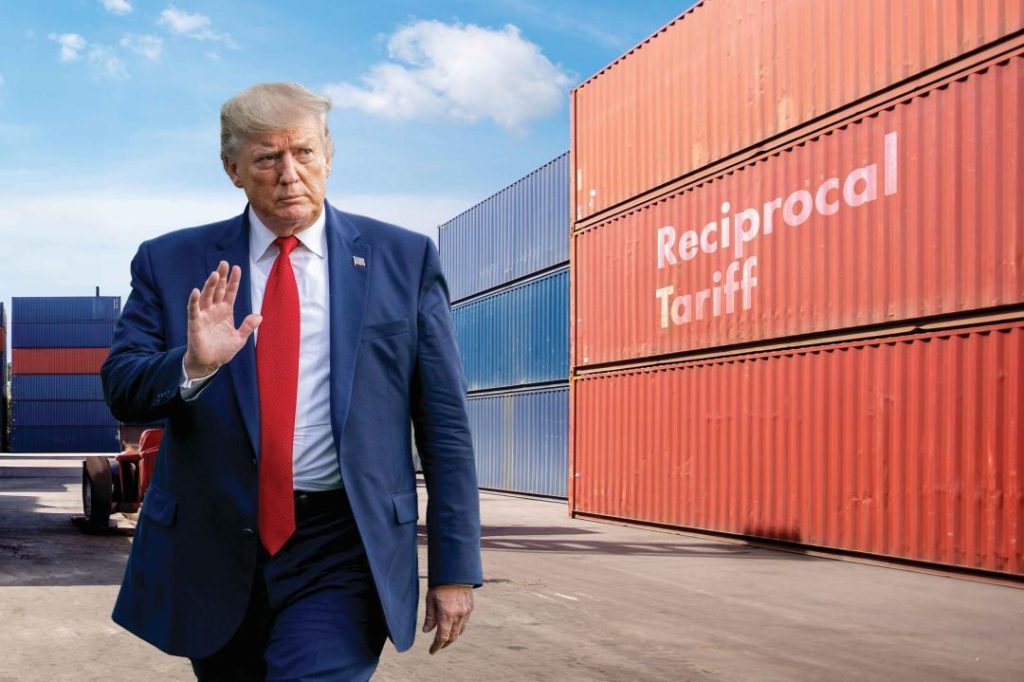
The Great Tariff War: Disruption, Diplomacy, & the Future of Trade
The world of international trade is abuzz with the recent announcement of tariffs by various countries, sparking a trade war that is sending shockwaves across the globe. As the ongoing trade negotiations between the US and India reach a critical juncture, the implications of this tariff war on global trade patterns and the future of international commerce are far-reaching and complex.
The Tariff War: A Brief Overview
In recent months, the US has imposed tariffs on a range of goods imported from China, including steel, aluminum, and electronics, as part of a broader effort to address concerns over intellectual property theft and forced technology transfer. China has retaliated by imposing tariffs on US goods such as soybeans, pork, and aircraft, prompting the US to increase tariffs on an additional $200 billion worth of Chinese goods.
Meanwhile, the US has also imposed tariffs on goods from other countries, including Mexico, Canada, and the European Union, in a bid to pressure them into making concessions on trade issues. India, in particular, has been affected by the US tariffs on steel and aluminum, which has led to a significant increase in imports from the country.
The Impact of Tariffs on Global Trade
The tariff war has had a profound impact on global trade patterns, causing disruption and uncertainty for businesses and governments alike. The increased tariffs have led to a surge in costs for importers, which has been passed on to consumers in the form of higher prices.
According to a report by the International Monetary Fund (IMF), the tariff war has already led to a decline in global trade, with the value of global trade falling by 0.5% in 2019. The IMF estimates that the continued escalation of tariffs could lead to a further decline in global trade, with potentially devastating consequences for the global economy.
India’s Emergence as an Alternative to China
The tariff war has also created an opportunity for India to emerge as an alternative to China as a global manufacturing and logistics hub. With its large and growing consumer market, India is well-positioned to capitalize on the shift in global supply chains.
According to industry experts, the tariff war has already led to a significant increase in imports from India, particularly in the electronics and automotive sectors. The Indian government has also taken steps to encourage foreign investment and improve the business environment, making it an attractive destination for companies looking to diversify their supply chains.
The Future of Trade: Opportunities and Challenges
The tariff war has created both opportunities and challenges for the future of trade. On the one hand, the shift in global supply chains towards India and other countries could lead to increased economic growth and job creation.
On the other hand, the continued escalation of tariffs could lead to a decline in global trade and economic growth, with potentially devastating consequences for the global economy. The tariff war has also created uncertainty and unpredictability for businesses and governments, making it difficult to plan for the future.
Diplomacy and the Future of Trade
In the midst of the tariff war, diplomacy and negotiation are crucial to finding a solution that benefits all parties involved. The US and India are currently engaged in ongoing trade negotiations, aiming for a bilateral trade agreement that targets a $500 billion trade goal by 2030.
The success of these negotiations will depend on the ability of both countries to find common ground and make concessions. India has already made significant concessions on issues such as intellectual property and trade facilitation, and the US is expected to make similar concessions on issues such as agriculture and services.
Conclusion
The great tariff war is a complex and multifaceted issue that has far-reaching implications for the future of trade. While the short-term disruptions caused by the tariff war are likely to continue, the long-term opportunities for India and other countries to emerge as alternative manufacturing and logistics hubs are significant.
As the US and India continue their trade negotiations, diplomacy and negotiation will be crucial to finding a solution that benefits all parties involved. With the right approach, the tariff war could ultimately lead to a more resilient and equitable global trading system.
Source:
https://www.logisticsoutlook.com/supply-chain/the-great-trump-tariff-war






